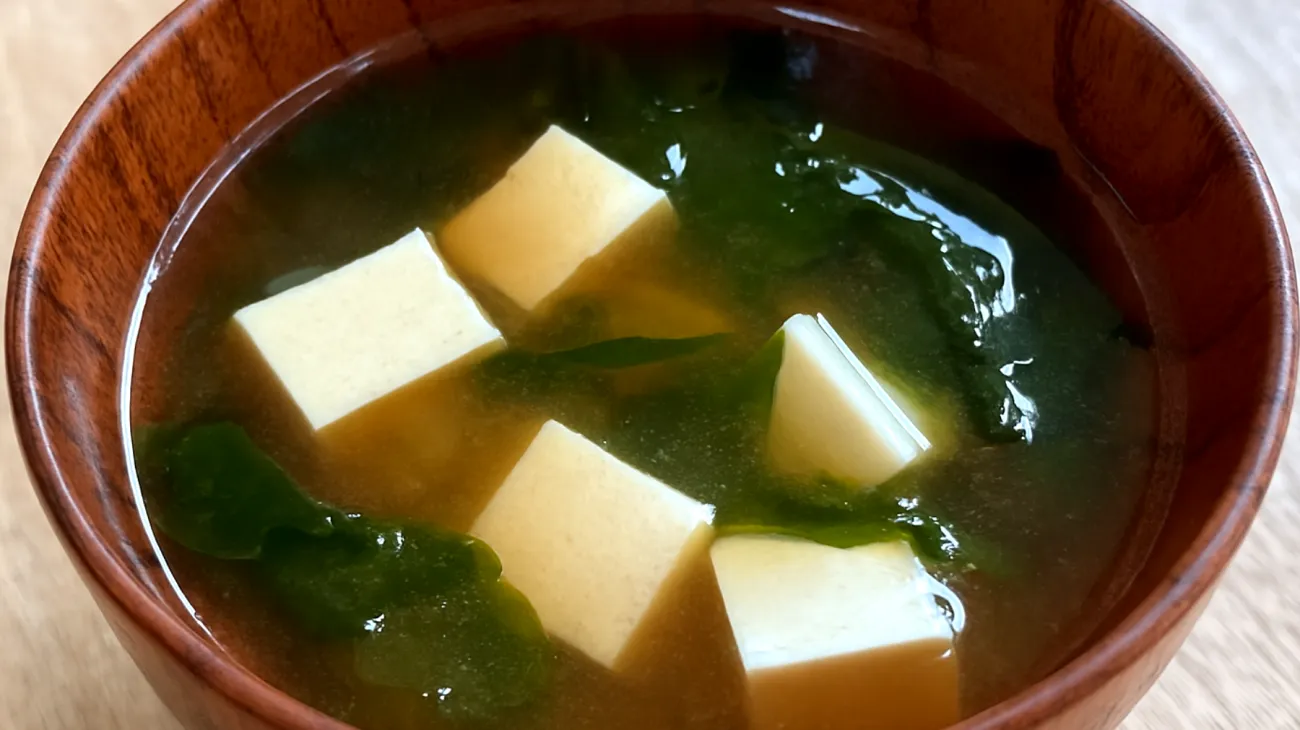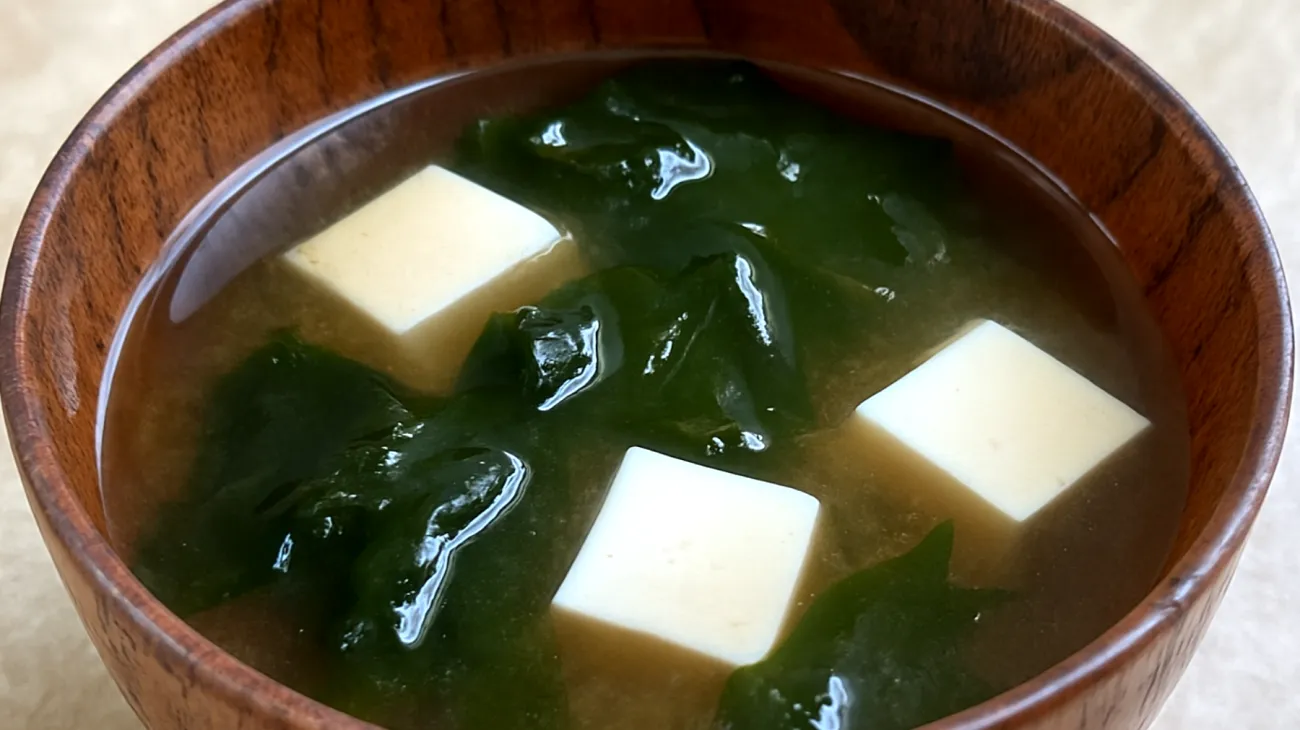When stress hormones surge during exam periods, your brain triggers a cascade of physiological changes that can derail even the most disciplined study routine. University students across the UAE know this struggle intimately – that gnawing appetite that strikes precisely when focus should be at its peak. The solution lies not in willpower alone, but in understanding how specific nutrients can work with your body’s biochemistry to restore balance during high-pressure academic periods.
The Science Behind Stress-Induced Hunger
Cortisol, your body’s primary stress hormone, doesn’t just affect your mood – it fundamentally alters your appetite regulation system. Research indicates that cortisol levels rise significantly during exam periods and are associated with changes in affect. Elevated cortisol stimulates appetite, especially for calorie-dense foods that your brain perceives as immediate energy sources.
The traditional approach of simply eating less during stressful periods opposes ingrained biological drives that favor energy-dense foods in response to stress. Instead, strategic nutrition that addresses the root biochemical imbalances offers a more sustainable path forward. Traditional Japanese cuisine provides such nutritional strategies, with components shown to support stress resilience and healthy metabolism.
Miso Soup: Your Academic Performance Ally
Miso soup with wakame seaweed and silken tofu represents more than comfort food – it provides a blend of nutrients that can directly counteract stress-induced appetite dysregulation. Each component contributes specific compounds that work synergistically to restore balance when academic pressure peaks.
Complete Protein for Sustained Focus
Silken tofu provides all nine essential amino acids necessary for neurotransmitter synthesis, including tryptophan. This complete protein has a lower energy cost for digestion compared to many animal proteins, facilitating satiety without heaviness. Tryptophan serves as a precursor to serotonin, a neurotransmitter well established in scientific literature for its role in appetite control and mood regulation.
Wakame Seaweed: The Mineral Powerhouse
Wakame delivers concentrated iodine, essential for thyroid hormone production and metabolic regulation. It also contains magnesium and calcium – minerals that become depleted under chronic stress. Magnesium particularly supports relaxation and sleep quality while modulating the body’s stress response system.
Important consideration: Students with thyroid conditions should consult healthcare providers before incorporating wakame regularly, as the high iodine content may interfere with certain medications or conditions.
Miso: Fermented Wisdom for Gut Health
The fermentation process that creates miso increases its concentration of beneficial bacteria and B vitamins. These probiotics positively influence the gut-brain axis, affecting mood, stress levels, and appetite regulation. Research has found that specific probiotic strains in fermented foods can reduce cortisol levels and psychological distress when consumed regularly as part of a balanced diet.

Strategic Consumption for Maximum Benefits
Timing and preparation method significantly influence how effectively this soup supports your academic goals. Eating warm soup slowly promotes satiety through activation of stretch receptors in the stomach, signaling fullness to the brain. This effect forms a cornerstone of mindful eating strategies and helps curb stress-related overeating.
The Five-Minute Academic Fuel
For time-pressed students, instant miso soup becomes a practical solution. Choose lower-sodium varieties, as excessive sodium intake can lead to water retention and blood pressure increases that may interfere with concentration. Add pre-cut wakame and cubed silken tofu directly to the bowl – the hot broth will warm them adequately without additional cooking time.
- Heat water to just below boiling to preserve probiotic activity in miso
- Dissolve miso paste first, then add other ingredients
- Allow wakame to rehydrate for 2-3 minutes for optimal texture
- Consume slowly over 10-15 minutes to maximize satiety signals
Beyond Appetite Control: Additional Academic Benefits
The umami flavor profile in miso soup activates taste receptors linked to increased meal satisfaction, which helps reduce post-meal snack cravings. This effect proves particularly valuable during late-night study sessions when vending machine temptations peak.
The warm temperature and ritualistic preparation provide a mindful break from screen time, allowing your eyes to rest while your digestive system prepares for optimal nutrient absorption. Taking short, mindful breaks away from screens during study sessions is associated with improved focus and reduced eye strain, supporting better cognitive performance.
Making It Work for Your Schedule
Successful integration requires planning ahead. Purchase instant miso paste, dried wakame, and shelf-stable silken tofu in bulk. Store portions in your dormitory or shared kitchen for quick access during high-stress periods. These ingredients have long shelf-lives, making this strategy both economical and practical for student budgets.
Consistency matters more than perfection. Incorporating nutrient-dense options like miso soup regularly during exam periods can support appetite regulation, mood stability, and overall resilience to academic stress. This simple but powerful nutritional strategy works with, rather than against, your body’s natural stress responses, giving you the steady energy needed to tackle challenging academic demands.
Table of Contents

